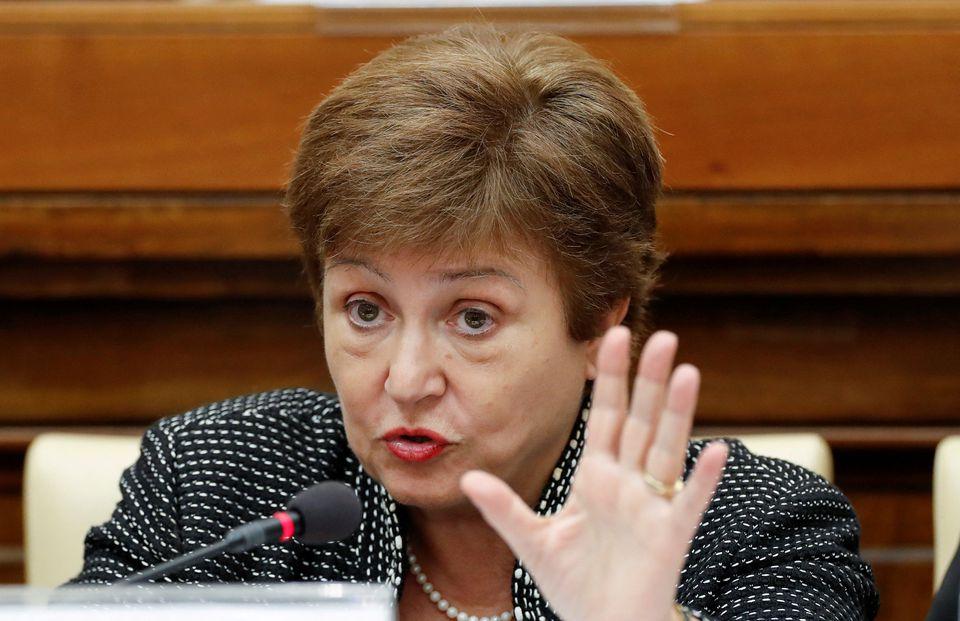Africa-Press – Eritrea. The International Monetary Funds is concerned that there is an impending food crisis unless global trade remains open and support for vulnerable households increased.
It is also calling for sufficient agricultural supply and addressing of financial pressures to mitigate the crisis.
IMF says Russia’s invasion of Ukraine has caused “serious economic and social consequences”, with many countries now facing “dangerous food shortages, sharply higher prices for food, energy, and fertiliser”.
This comes at a time when the public finances of various countries are already stretched from the Covid-19 pandemic and public debt burdens are high.
With inflation at he highest levels seen in decades, vulnerable households in low- and middle-income countries are most at risk of acute food insecurity, IMF says.
Kenya is among countries that are feeling the heat with prices of key commodities and inputs such as fertiliser, cooking oil, wheat and fuel significantly going up in recent months.
The high global crude prices, pegged on the war, have seen Kenya’s pump prices hit a historic high with a litre of petrol now retailing at Sh150.12 in Nairobi, Diesel Sh131 while Kerosene is going for Sh118.94 per litre.
Kenyans have in the past two months decried the high cost of living with inflation hitting a seven-month high in April, driven mainly by spiraling food and fuel prices.
The country’s inflation touched a high of 6.47 per cent from 5.56 per cent in March and 5.08 per cent in February.
Kenya National Bureau of Statistics (KNBS) latest data pegs the rise in inflation to an increase in prices of commodities under the food and non-alcoholic beverages basket (12.15 per cent), furnishings, household equipment and routine household maintenance (7.15 per cent).
Transport costs also increased mainly on the increased fuel prices.
National Treasury Cabinet Secretary Ukur Yatani while releasing the Economic Survey 2021 on May 5,warned that things could worsen.
This is mainly due to global factors such as the high oil prices and disruption in the global supply chain, which has resulted in short supply of commodities.
Yatani said the Russia-Ukraine war has greatly contributed to this situation.
Freight costs have remained high with the weak shilling against the US dollar further impacting on the cost of imports, forcing traders and manufacturers to pass the extra expense to consumers.
Poor rains have also affected Kenya’s food production with the dairy sector hardest hit, leading to a shortage of milk and an increase of up to Sh5 per half litre on retail prices.
IMF now warns that based on history, hunger often triggers social unrest and violence.
“If we have learned one lesson from the 2007-08 food crisis, it is that the international community needs to take fast and well-coordinated actions to effectively tackle a food crisis,” IMF managing director Kristalina Georgieva said in a statement on Thursday.
For More News And Analysis About Eritrea Follow Africa-Press







